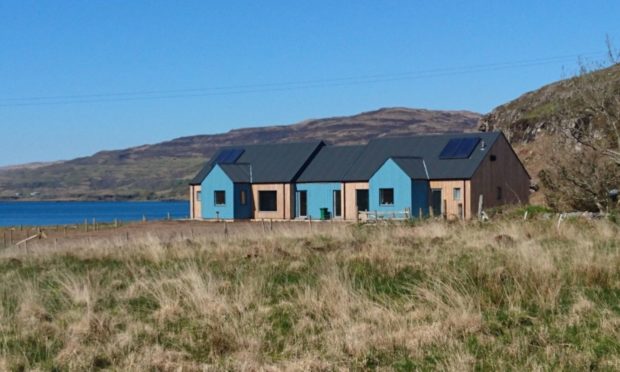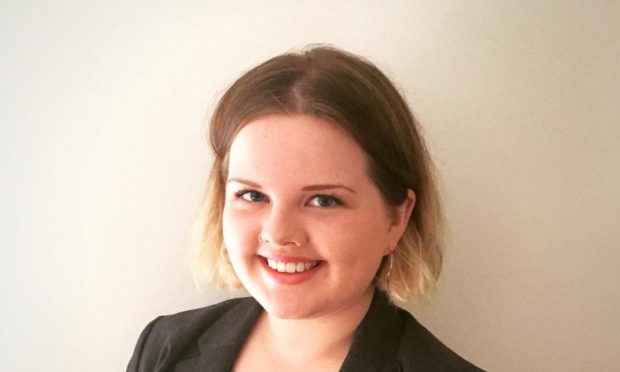More than 12,000 people declared themselves homeless across the north of Scotland in the past five years, according to figures from councils.
The scale of the problem extended to nearly 3,000 young adults across local authorities in the Highlands and Islands region, we can reveal.
It led to renewed calls for the next Holyrood parliament to urgently set about tackling the social scandal.
Across Scotland, charities say a household becomes homeless every 17 minutes. Around 31,300 homeless assessments were confirmed in 2019-20.
The SNP-run government set out a new action plan in the middle of the pandemic. The housing minister had been under pressure to sort out unacceptable temporary housing and get rough sleepers under shelter.
Figures released to the Lib Dems under freedom of information rules show 12,185 people declared themselves homeless since 2016, the last time a Scottish election was held. Of the total, 2,974 were aged 18 to 25.
Why did it need a pandemic for the government to act?”
Liberal Democrat candidate Molly Nolan
Molly Nolan, the Lib Dem candidate in Caithness, Sutherland and Ross, said: “The work done to house people during the pandemic was remarkable. But why did it need a pandemic for the government to act?
“With Scotland’s wealth and by putting the recovery first, we can do so much better to end the embarrassment of homelessness.
“The next Scottish Parliament must urgently grasp the opportunity to build more social housing, ensure councils have resources to fix poor housing and give advice services the support and resources they need.”
In the last full year, Argyll and Bute recorded 434 cases, while there were 1,212 in Highland, 530 in Moray, 118 in Orkney, 82 in Shetland and 153 in Western Isles.
Where do Holyrood parties stand on housing?
Access to affordable housing is a key issue across the north, particularly in rural communities, and features in party manifestos for the May 6 election.
The SNP, who are on course to form the next government, pledged an extra £50 million over the next parliamentary term to “end homelessness and rough sleeping”.
The party’s manifesto commits to a further 100,000 affordable homes by 2032.
The SNP added: “We will also introduce legislation that strengthens people’s housing rights and ensure public bodies have a duty to prevent homelessness, building on the recommendations of the prevention review group.”
The Lib Dems propose similar legislation and want to link suitable jobs and training to housing. Lib Dems propose building 60,000 affordable homes to address homelessness with 40,000 for social rent.
Labour wants to build 200,000 zero-carbon social homes over a decade and “end rough sleeping” within five years.
Greens propose 120,000 homes by 2032, 70% of which should be for social rent, and a major renewable energy installation scheme.
Conservatives want to build 60,000 new affordable homes with 40,000 in the social rented sector. The party would invest £50 million a rural housing fund and impose compulsory sales orders on long-term unoccupied properties.

